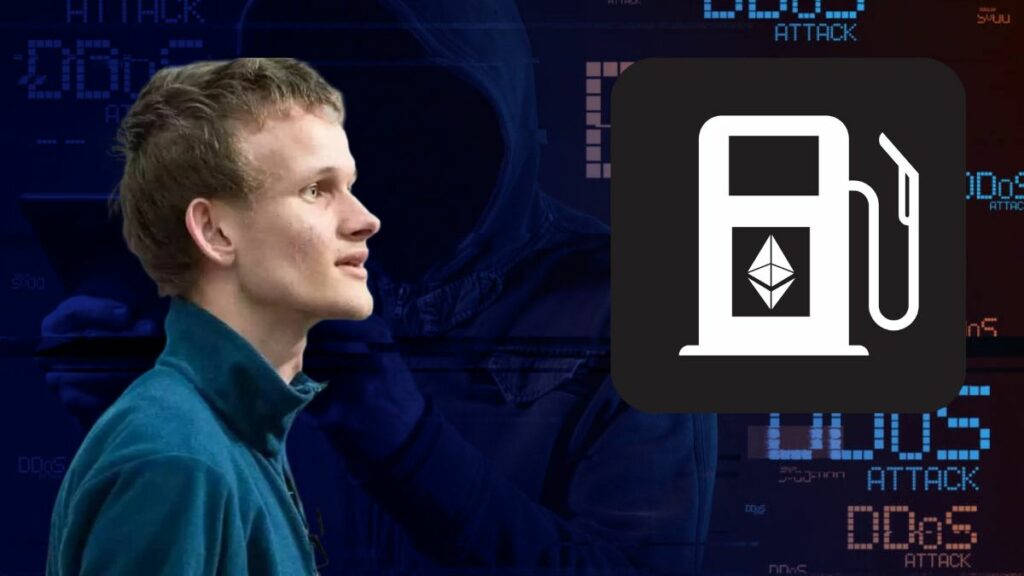TL;DR
- Vitalik Buterin unveils EIP-7983, which enforces a 16,777,216 gas cap per transaction, half the current block limit, to thwart DoS-style or overly complex operations that clog the network.
- The 2²⁴ threshold accommodates today’s DeFi and smart-contract needs while smoothing fee spikes and ensuring more predictable block validation.
- Beyond DoS protection, the cap promotes leaner code, boosts zkVM and parallel execution readiness, and awaits community consensus for a future hard fork.
Ethereum co-founder Vitalik Buterin, alongside researcher Toni Wahrstätter, has unveiled EIP-7983, a proposal to cap gas consumption per transaction at 16.77 million. Aimed at fortifying the network against denial-of-service (DoS) exploits, the change introduces a hard ceiling on individual transactions, something Ethereum has never enforced before. By preventing any single operation from monopolizing block capacity, Vitalik Buterin’s proposal promises smoother block validation and more predictable fees for users.
Proposed Gas Cap Aims to Reinforce Ethereum’s Defenses
Under today’s rules, Ethereum blocks permit roughly 36 million gas without limiting how much each transaction can consume. That loophole has allowed complex or malicious transactions to crowd out legitimate ones, triggering spikes in gas prices and network slowdowns.
Vitalik Buterin’s EIP-7983 tackles this by rejecting any transaction that requests more than 16,777,216 gas, half the current block limit. With this safeguard established, the network can allocate tasks more fairly and resist spam-like attacks.
Striking a Balance Between Flexibility and Security

Vitalik Buterin and Wahrstätter chose 2^24 (16.77M) gas to accommodate today’s most intricate DeFi interactions and smart-contract deployments. They argue this threshold won’t crimp real-world use cases while still closing the door on “monster” transactions that chew through an entire block.
It’s a trade-off: developers lose a sliver of freedom for ultra-heavy operations, but users gain stability and fee predictability. According to Vitalik Buterin’s draft, only a small fraction of existing dApps will need to adjust, and most transactions fall well under the proposed ceiling.
Wider Implications for Developers and zkVMs
Aside from DoS mitigation, the cap could accelerate Ethereum’s compatibility with zero-knowledge virtual machines (zkVMs) and multi-threaded execution environments. Dividing heavy computations into smaller chunks makes them easier to parallelize and verify off-chain.
It also nudges smart contract authors toward leaner, more efficient code, helping to curb state bloat and reduce long-term storage costs. In the broader scaling roadmap, fewer gas-hungry outliers mean cleaner data structures and lighter client implementations.
Looking Ahead: Adoption and Community Debate
Vitalik Buterin’s EIP-7983 draft isn’t backward compatible, so its success hinges on community buy-in and client upgrades. As the discussion heats up on developer forums, stakeholders are weighing network health against the need for flexibility in emerging use cases. If approved, the gas cap could land in a future hard fork, reshaping transaction mechanics forever.










